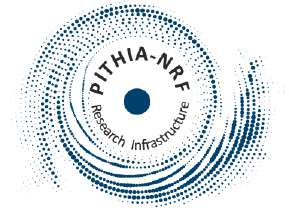The European Space Weather Week (ESWW) is one of the main international conferences when it comes to space weather. Already for the 12th time, its organisation is in the hands of the Solar-Terrestrial Centre of Excellence (STCE). Once again, more than 400 scientists, engineers, satellite operators, power grid technicians, communication specialists,... from all over the world will come to Oostende to discuss the latest on solar activity and how it influences the earth environment and our technologies. The ESWW offers an opportunity to exchange knowledge and ideas to improve space weather services so we can prepare ourselves better when severe space weather strikes.
Since 2013, three prestigious space weather medals are awarded during the annual ESWW conference. One medal rewards a young researcher for major contributions to space weather research or services, another is for outstanding scientific or technological results, and a third is awarded for efforts to structure the space weather community at an international level. The 5th ESWW medal award ceremony will take place on Monday 27 November at 18:45.
During this year's ESWW, we will also emphasize the important contributions from the Norwegian physicist Kristian Birkeland, who was the first scientist to explain that the sun was the source of the northern lights and founded much of today’s modern space research. Birkeland’s theories about the northern lights and electrical currents in the atmosphere were eventually confirmed in the 1960's when satellites became available. As a tribute to one of the greatest scientists in space research, one of the three ESWW medals bears his name. There will also be a keynote lecture on Tuesday 28 November at 09:00, and a planeterrella demonstration on Wednesday 29 November (17:00-18:30).
The full program is available on http://www.stce.be/esww14/






